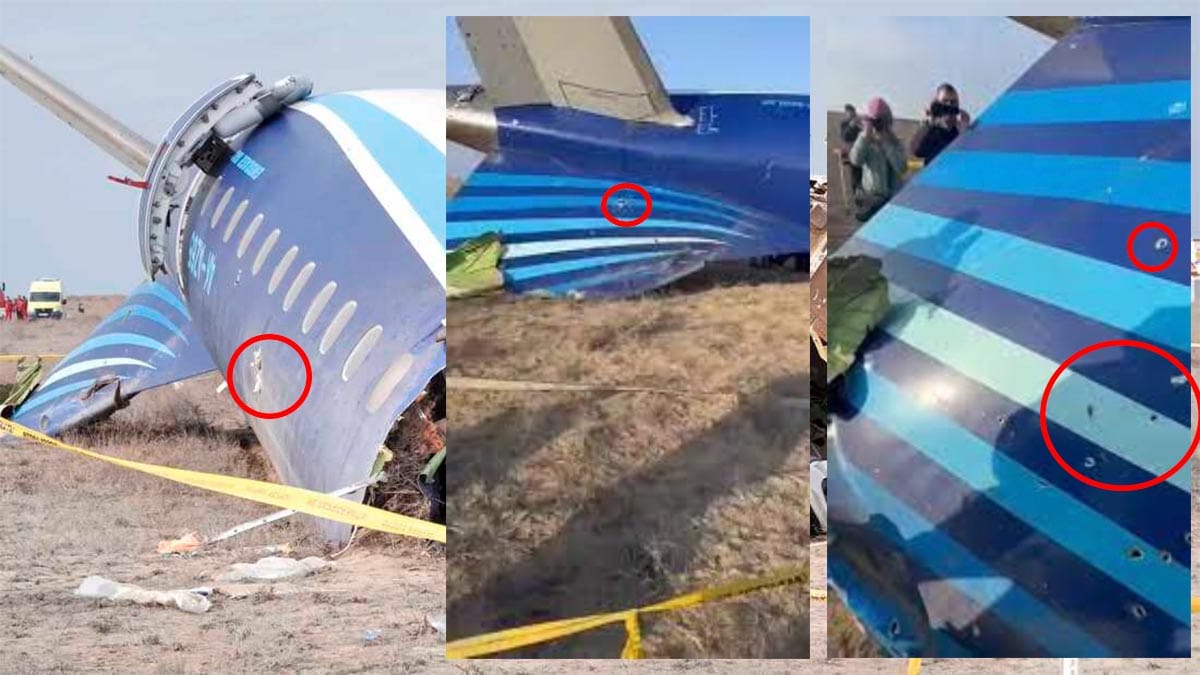A tragic crash involving Azerbaijan Airlines Flight J2-8243, operating an Embraer 190 from Baku to Grozny, has led to significant international concern and speculation about its cause. The accident occurred near Aktau, Kazakhstan, on December 25, 2024, claiming the lives of 38 passengers out of 67 on board. Initial reports attributed the crash to a bird strike; however, emerging analyses have prompted alternative theories, including the possibility of inadvertent targeting by Russian air defense systems.
Aviation-security firm Osprey Flight Solutions noted inconsistencies in the initial bird strike hypothesis. Damage patterns on the fuselage, such as shrapnel-like perforations, suggest a different cause, potentially involving an engagement by a military air-defense system. Survivors reported hearing a sudden explosion before the aircraft began to disintegrate. Experts have highlighted the heightened military activity in the region, particularly in the context of recent Ukrainian drone attacks in southern Russia. This environment may have led to heightened alertness, increasing the risk of misidentification of civilian aircraft by air-defense systems like the Russian Pantsir-S1.
Further compounding suspicions are reports of GPS jamming and invalid ADS-B position data during the flight, indicating potential electronic interference that may have contributed to navigational challenges and miscommunication. Analysts emphasize the importance of awaiting conclusive findings from the joint investigation being conducted by Azerbaijani, Kazakh, and Russian authorities. The aircraft’s black box, now recovered, is expected to provide critical insights into the sequence of events.
In response to the disaster, Azerbaijan Airlines has suspended flights to Grozny and Makhachkala as a precautionary measure. The Azerbaijani government declared a national day of mourning, with condolences pouring in from international leaders, including Russian President Vladimir Putin.





































